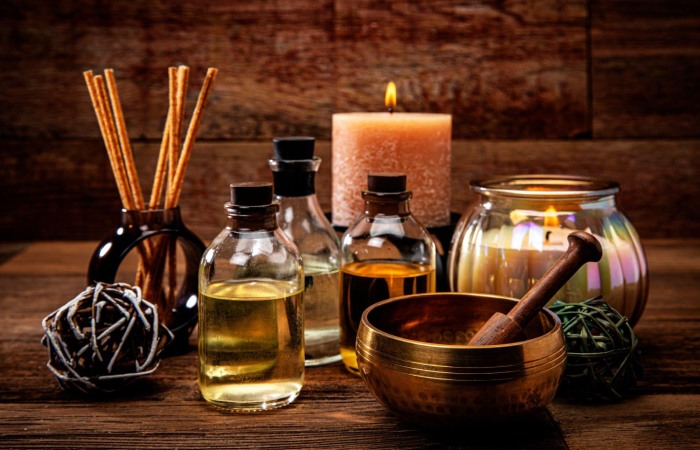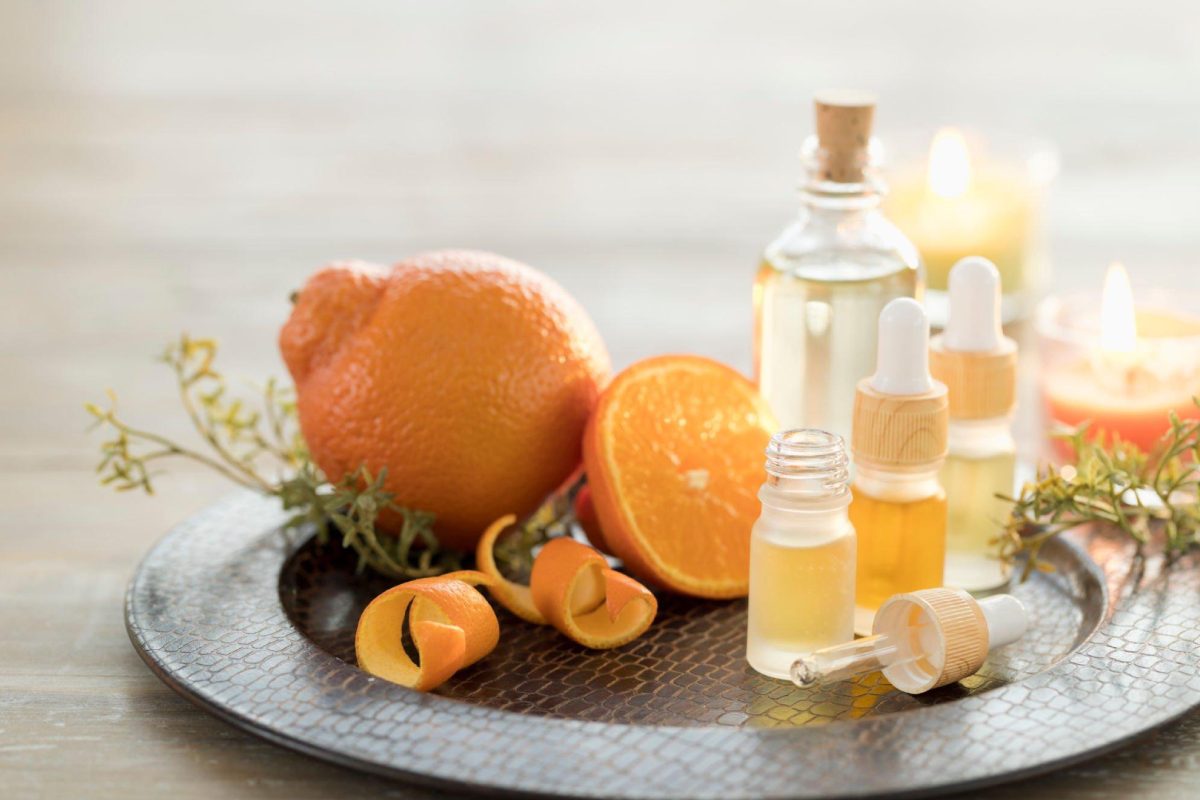Fragrance Oils for Skin- Individuals Fragrance Oils for Skin who love scented items like candles, room fogs, and aromas frequently find out if scent oils are awful for your skin. When applying an item to your body or involving it in your home, you need to realize that it isn’t hurtful to your well-being or that of your loved ones.
It is particularly evident when you apply scented items to your skin. An individual’s skin covers roughly two square meters, representing approximately 15% of their body weight. Furthermore, it contains up to 17km of veins. So, all things considered, while you’re presenting it to fixings like scent oils, It pays to know that it’s protected to do so.
The short response to the inquiry, ‘are scent oils awful for your skin’ is that it relies upon the sort of oil. There are various types of scent oils available. Furthermore, whether it’s safe for use on your skin is subject to how to fabricate it and the structure you plan to utilize. Moreover, there is a large group of different factors that incorporate the responsiveness level of your skin.
Table of Contents
How about we start by characterizing scent oils and how it contrasts with natural Oils?
While using regular plant-determining characters, fragrance oils have an exceptionally thought aroma and liberate from manufactured additives. As per scent master Jeff Smith, mixing hearty, citrus, and botanical notes, DIY fragrance oils don’t need a degree in science — all you want is a touch of a creative mind and a preference for extravagance. So peruse on to advance precisely how to make fragrance with rejuvenating ointments.
What Exactly Are Fragrance Oils?

Although it tends to be confounding, and individuals frequently use ‘medicinal ointments’ and ‘aroma oils’ reciprocally, this isn’t true.
Rejuvenating oils are regular concentrated hydrophobic fluids. They acquire by refining. Furthermore, they have the trademark scent of the plant or other source it removes. Genuine models are lavender oil, which draws from the blossoms of the lavender bramble—the sweet orange oil, is extricated from orange strips.
Then again, scent oils are complete in a lab. There are different ways of doing such. Some of these made aromas reproduce scents tracked down in nature, while others are more calculated and inclined towards a thought, for example, ‘Christmas morning’ or ‘stormy woods’. Some contain a mix of regular and engineered compounds, while others are counterfeit (for instance, it ultimately includes synthetically planned oils).
Fragrance oils are not tracked down in nature but can likewise contain intensities.
Research Your Ingredients in Fragrance Oils for Skin
There are two or three safety measures while making your fragrance oils, mainly while working with plant-determined forces which can be extremely strong. According to the International Fragrance Association (IFRA), rejuvenating ointments can be sharpening or aggravating whenever utilized mistakenly, so it’s critical to adhere to the proportions in the underneath recipe.1 Plus, some citrus forces like lime oil can cause photosensitivity, so consistently research your fixings. Since fixing is normal doesn’t mean it’s innocuous.
Pick Your Fragrance Oils for Skin
Although how you mix fragrances depend on you, there are several sweet-smelling rules to remember. Citrus notes are the most well-known head notes as they’re solid and emphatic; florals ordinarily make up the heart notes as they’re lighter and breezy, and woodsy aromas are excellent for base notes. (An example mix would be something like bergamot, jasmine, and sandalwood). Here are further ideas:
Woody scent: Smith says cedar wood and labdanum are your most innovative options. “I like matching these with something more brilliant and crisper-like cognac removes, which isn’t excessively sweet.” Other woodsy fragrances incorporate pine and sandalwood.
Musky scent: Musk notes generally obtain from creatures; there are a few natural choices. “Ambrette is the nearest to a plant musk I’ve found,” says Smith. Take a stab at mixing with a white rose or a cedarwood for balance. Vetiver is one more gritty musk to investigate for a profundity of fragrance.
Citrus scent: Bergamot, lemon, and grapefruit are some citrus scents that are mainly on pattern this season. These are solid, fresh, and rejuvenating.
Herbal scent: Lavender, chamomile, and rosemary establish homegrown characters that are often lighter.
Floral scent: “Florals are the heart tune of medicinal oils and normal unrefined substances, and this is where you can have a great time,” says Smith. Rose, geranium, iris, and jasmine are probably the most favourite florals, as are magnolia, peony, and Ylang.
Will FRAGRANCE OILS BE BAD FOR YOUR SKIN?
Everything descends on your skin type and the item you’re utilizing. For example, specific individuals can cheerfully and securely use a body item that contains scent oils without having a response. In contrast, others have delicate skin to the point that it might respond unfavourably to usually inferred oils when excessively focused.
If you have worries about a particular item or oil, it is in every case best to check in with your dermatologist or GP. They know your skin and will want to give customized guidance given their involvement in your well-being and way of life precisely.
CONCLUSION
No, aroma oils are not awful for your skin when you utilize the items containing them per the maker’s directions. However, assuming disturbance happens when you employ an article that includes these oils, cease use and look for clinical consideration.
Please note that data in this article is future to analyze or treat any ailments. If it’s not too much trouble, talk with your doctor about particular side effects or concerns.

